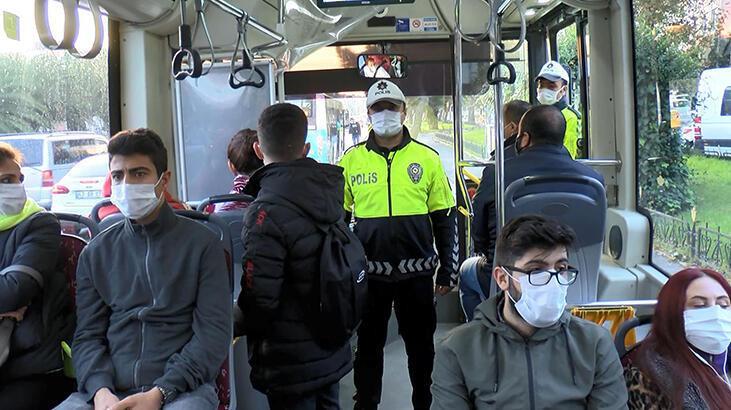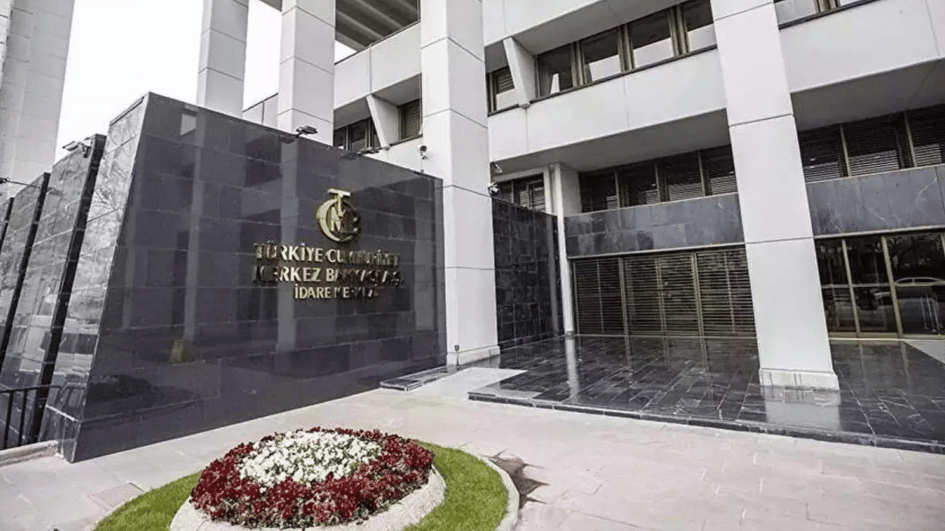Turkey tightening virus inspections amid normalization
ISTANBUL

Turkey is shifting to what officials dubbed “dynamic supervision model” to inspect the implementation of COVID-19-related measures after the country moved to a controlled normalization phase.
Starting from March 4, tens of thousands of personnel will be mobilized to carry out nationwide checks to see if coronavirus-related curbs are being strictly observed.
Under the normalization plan, Turkey started easing weekend lockdowns, while continuing weeknight curfews to stem the virus’ spread. The country also allowed more face-to-face education and restaurant dining, based on local risk assessment.
The Interior Ministry has sent a directive to the offices of the governors of 81 provinces, providing details of the “dynamic supervision model.”
According to the new model, all public institutions, municipalities and associations will provide personnel, equipment and logistics support for efforts to be coordinated by governors and local governors.
Teams will be set up and they will be on the field every day for virus-related inspections.
Trade associations in provinces and districts will inspect their member businesses, including restaurants, cafes and wedding avenues every week.
On the first day of the inspections, 260,000 officials were dispatched to conduct such checks.
The normalization phase was rolled out a time when COVID-19 cases have been on the rise in Turkey and the mass vaccination drive is ongoing.
“The high number of infections poses a risk to return to a normal life. We can normalize only if we adhere to the measures,” Health Minister Fahrettin Koca wrote on Twitter on March 3 following a Science Board meeting.
He also warned that it is possible that mutant variants of the virus are being observed more commonly.
The number of daily infections dropped to around 5,000 in late January but has been rising gradually since then. Turkey recorded more than 11,000 COVID cases on March 2 and March 3 each.
Under its inoculation program, launched on Jan. 14, Turkey has administered more than 9.6 million doses of the Chinese Sinovac vaccine. Nearly 7.4 million people have received the first dose of the injection while more than 2.2 million got both doses.
People aged over 65 residing in Istanbul are having problems arranging vaccination appointments, an expert said, adding that the inoculation rate for this age group in the city is around 50 percent.
The appointments are arranged either online or through a helpline.
“These people are not very tech-savvy and this may be one of the reasons behind the low inoculation rates. Also, their children and relatives may be acting rather negligent when it comes to scheduling an appointment for them. Moreover, younger people are skeptical about the vaccine. All these may explain why the vaccination rate among this age group is low,” said Kutbettin Demir from the Istanbul Family Practice Association.
















